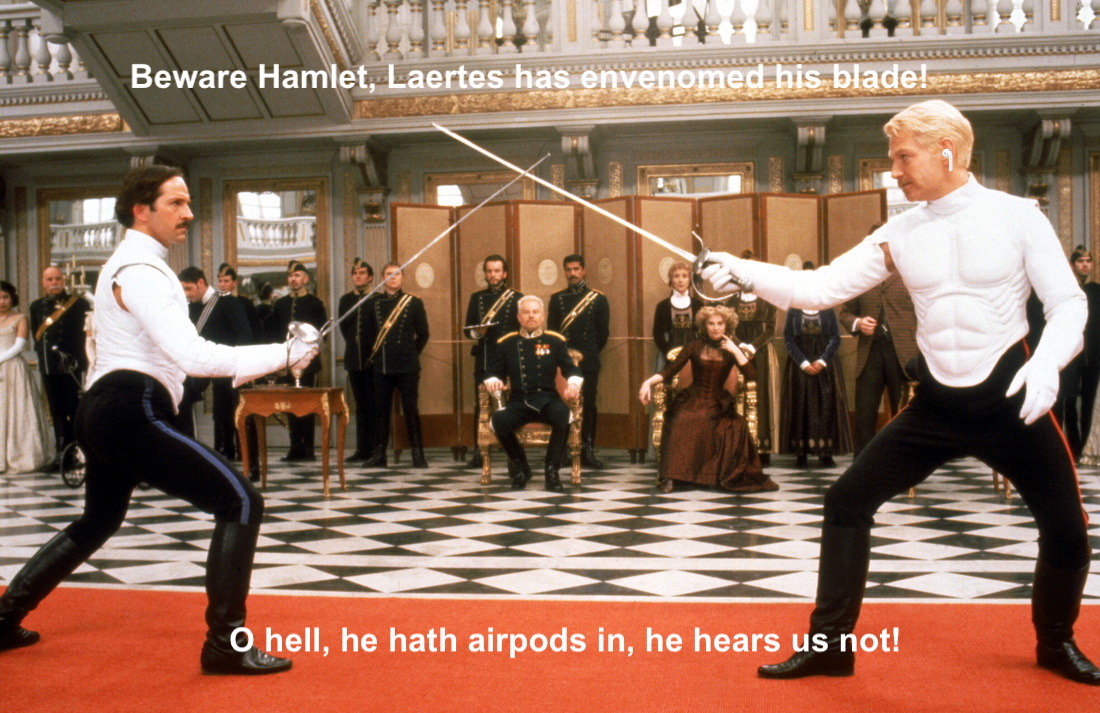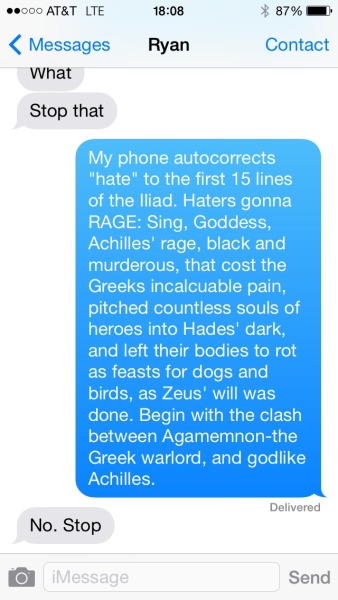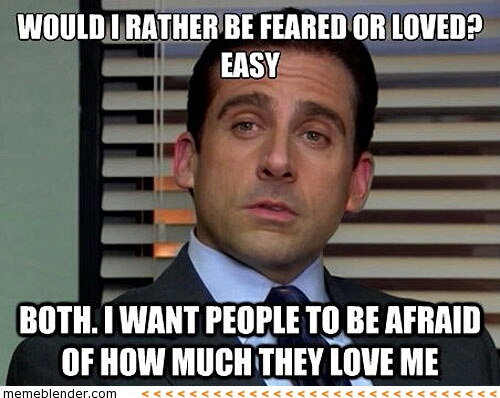Mood:

1. Independent reading- First 10 minutes.
Two States. Eight Textbooks. Two American Stories
Read through the
NY Times article. Think about the interweaving of education and power.
2. Review and Revision of the first draft of your literary analysis on power. We will be looking at 3 things.
Content, Structure, and Assignment Requirements.
Color coding your draft for CONTENT:
BLUE: Where you are addressing the
WHAT?
What is your conclusion? What occurs? What do you see?
GREEN: Where you are addressing the
HOW?
How do the conclusions occur? How is this specifically seen? How does this illustrate your argument? How does this point connect to another text? How does a literary device achieve the purpose of the text/meaning? How does meaning occur?
RED: Where you are addressing the
WHY?
Why do you think this is important? Why do you think the author is doing this? Why does this occur in this text?
We are currently looking at how you address the text. With every WHAT . . . you need to consider pairing it with a minimum of one HOW . . . and an accompanying WHY. You may have to make some adjustments or move things around. You most likely will have to add, but possibly subtract.
EXAMPLE-
In his quote, "Do the thing and you will have the power," Emerson proposes that power is subjective. This idea coincides with Weber's definition of power. To illustrate, Weber's approach to explaining power is centered upon the individual's ability to go achieve their own goals, surpassing obstacles. In Emerson's quote, this is emphasized with the use of the article (part of speech) "the" before the word "power" in the quote. Furthermore, by including "the" before the object "power," it is presented as something concrete to obtain by doing "the" thing-- the article of "the" being repeated, yet again. Both Emerson and Weber emphasize the action(s) of the doer, and emphasize specifically what is done.
STRUCTURE checklist:
1. Do you have a topic sentence to start your analysis? Think about what you are introducing in the writing you have just done.
2. Are you pleased with the order of your evidence? Does it appear in an order that is thoughtful? Rational?
3. Are you using transitions between your ideas and the different purposes that are addressed above?
4. Do you have a conclusion statement wrapping up what your explanation is emphasizing? ... or the significance of it?
ASSIGNMENT requirements checklist:
1. Have you referenced Liu and Weber in your response?
2. Are you writing in 3rd person POV... no "yous," no "we" or "I."
3. Have you explained the meaning, purpose, and impact of the quote.
4. Have you double checked your SPELLING? SENTENCE STRUCTURE? CAPITALIZATION? PUNCTUATION?
5. Do you have the MLA heading? Header (name and page number?) Title?
3. Your revised draft needs to be printed off and stapled on top of the color coded draft. This is due
THURSDAY, January 16th by the END of class. We will be in the LMC during class. You will have the opportunity to print and attach to rough draft after we listen to the Library Media Specialists.




.jpg)


:max_bytes(150000):strip_icc()/bookmemes-3-5c52096b46e0fb00014c3a8d.png)
